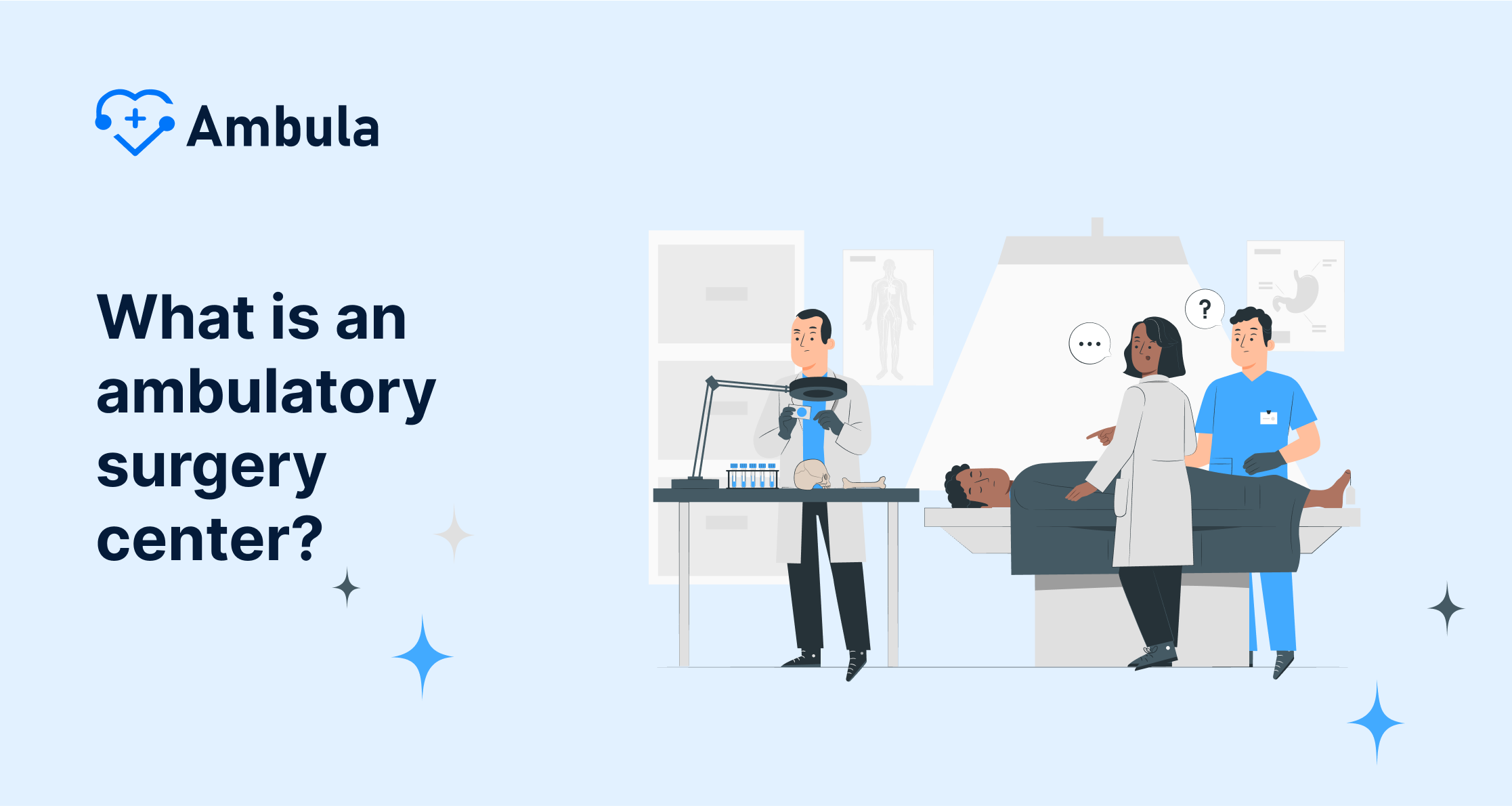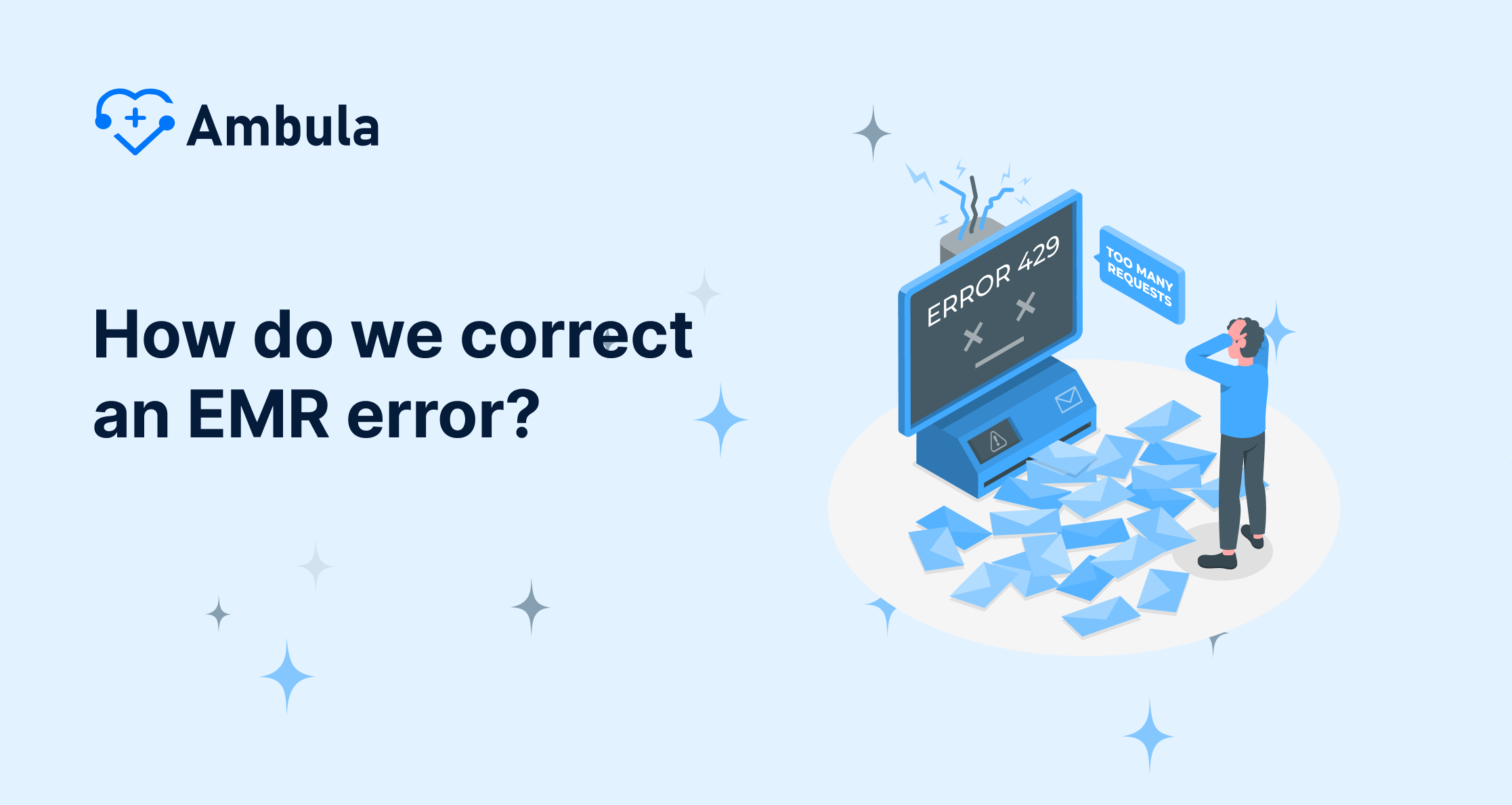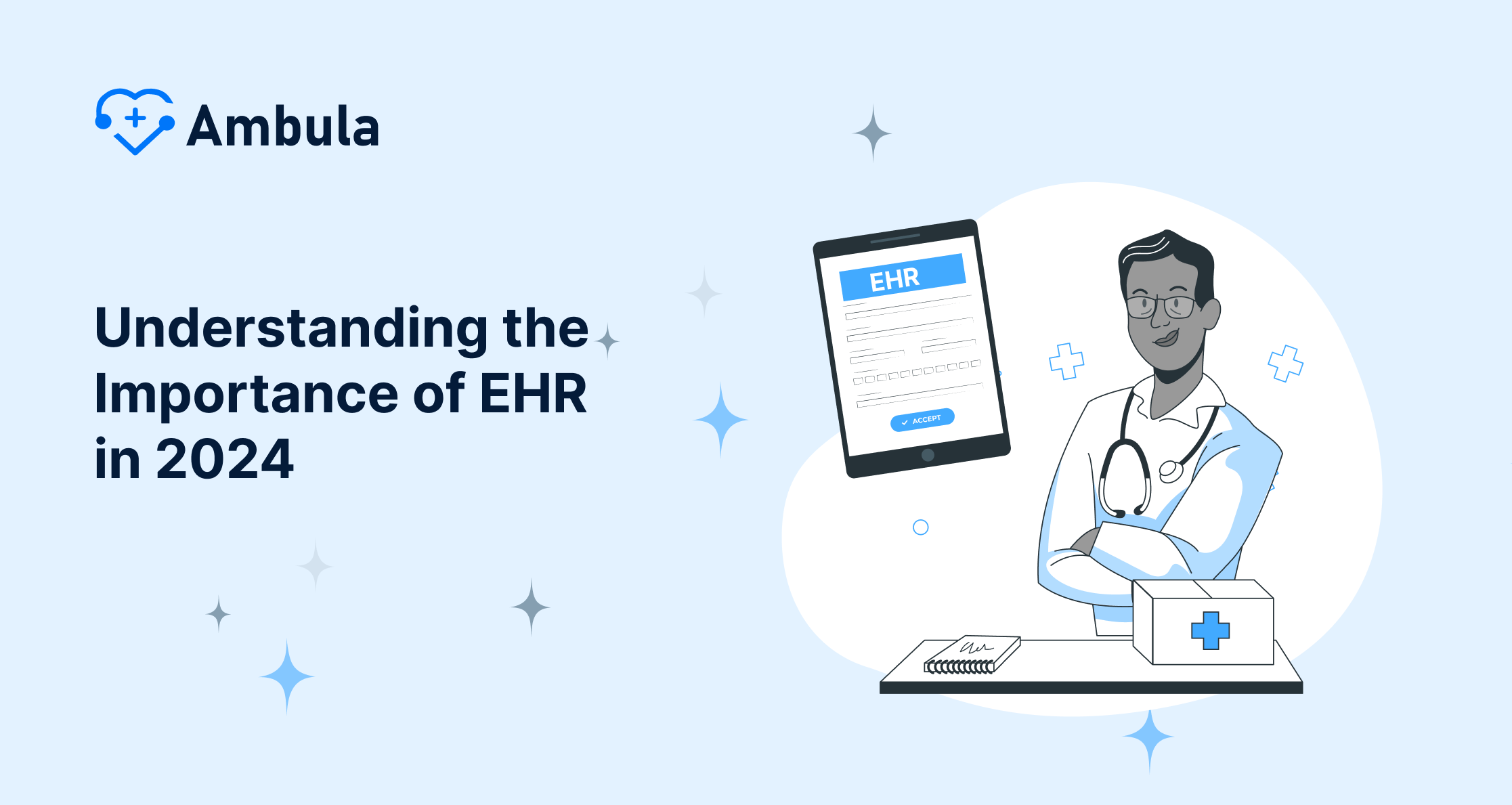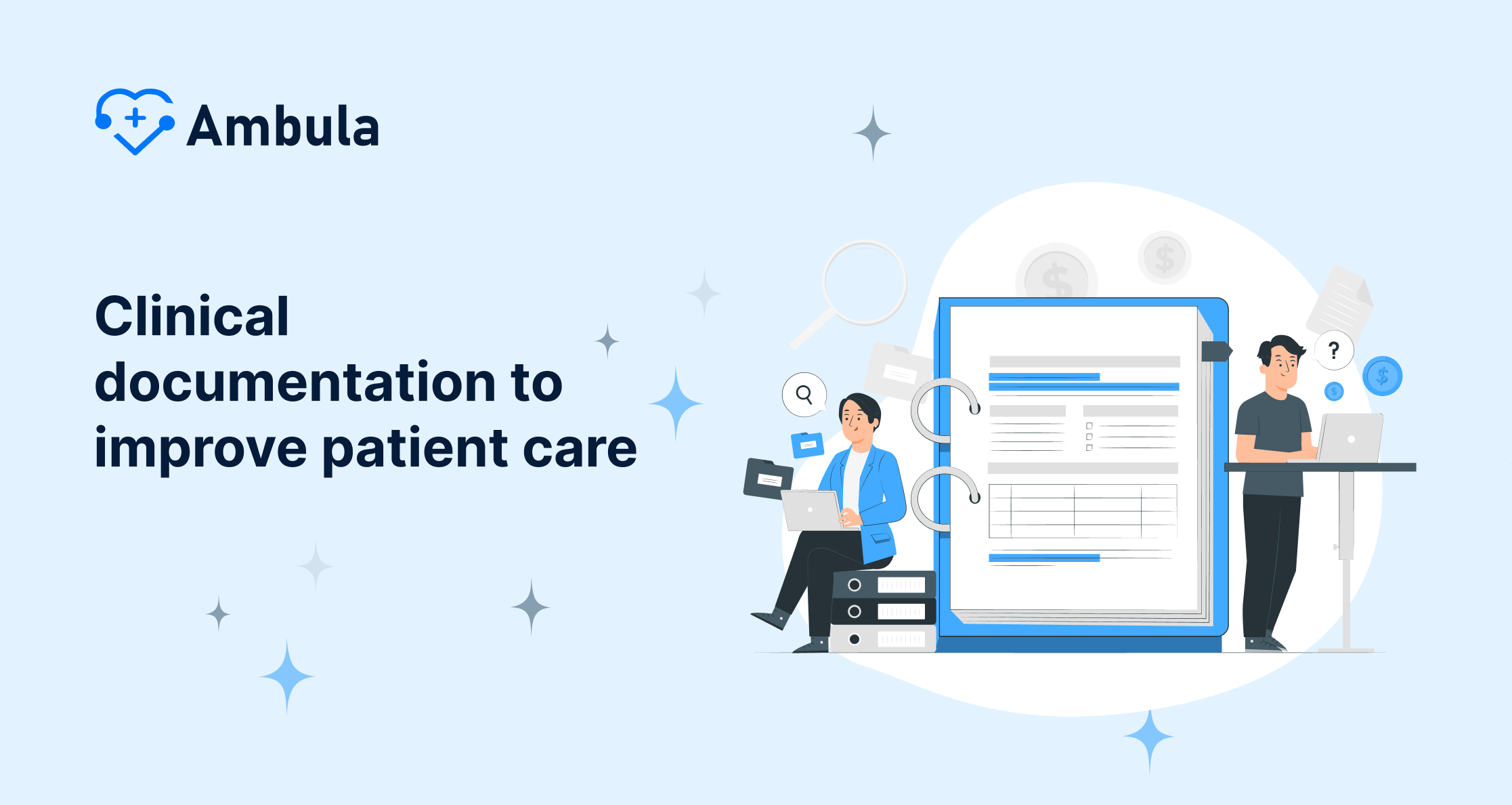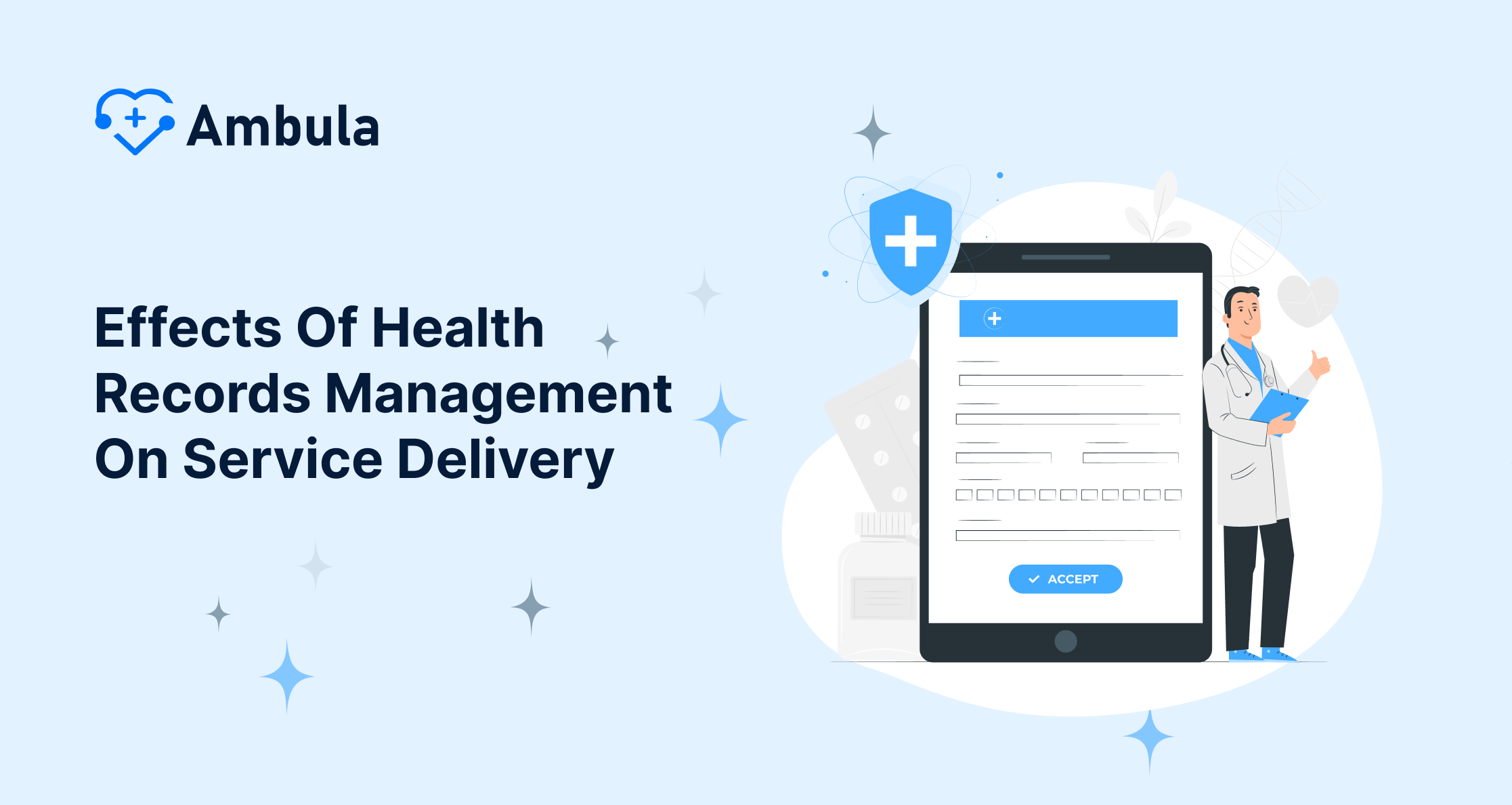Topics
- Make ASCs Work Better
- Why does it matter if ASCs are efficient?
- What slows ASCs down?
- How can we make ASC workflows smoother?
- Why do we need an EMR?
- How have EMRs changed the way we do healthcare?
ASC means Ambulatory Surgery Center. It’s where people can have surgery and go home the same day without staying overnight in a hospital. To make ASCs work better, we need to improve how they run. This helps patients get better care, makes things run smoother, and gets more done. In this post, we’ll look at why it’s so important to improve ASCs and check out different ways to improve how things work there.
As a doctor, you might want to know how to make ASCs work better because you understand how much it matters to improve your work methods. This post will discuss the best ways to make work in ASCs smoother.
You’re gonna find out what an ambulatory surgery center is all about. Why do we need EMRs? Also, you’ll learn how EMRs are meaningfully used and how they have shaken up healthcare. Keep reading to learn more!
Key Performance Indicators (KPIs) to Help ASC Workflow Efficiency
Picking and keeping tabs on the right Key Performance Indicators (KPIs) has a big impact on getting how efficient your ASC workflow is and making it better. These numbers give you important info about different parts of how you run things letting you spot bottlenecks, see how much you’ve improved, and make smart choices based on facts. Here are some KPIs you should think about:
Patient Flow:
- Appointment Scheduling: Keep tabs on how well people stick to appointments how often they cancel, and the percentage of no-shows.
- Wait Times: Figure out how long folks wait in pre-op, during the procedure, and in recovery areas.
- Turnover Rate: Keep an eye on how long it takes to get an operating room ready for the next patient.
- Discharge Time: Keep track of how long it takes to send patients home after their procedure.
Resource Utilization:
- Staff Use: Check how much time staff spend doing patient care or other useful stuff.
- Room Use: Keep an eye on how often operating rooms and other treatment spots are being used.
- Equipment Use: Watch how much important equipment gets used to find unused things or possible roadblocks.
Quality and Safety:
- Infection Numbers: Keep track of how many patients get infections in the hospital to keep them safe.
- People Coming Back: Count how many patients have to come back within a certain time after their procedure.
- Things Going Wrong: Watch for problems that happen during procedures to see how good the care is.
Why is efficiency important in ASCs?
Efficiency plays a big role in an Ambulatory Surgery Center (ASC) for many reasons. This is true when you’re trying to make the clinical side of a surgery center run better.
- To Make More Patients Get Treated: ASCs see lots of patients every day so it’s key to work well. When ASCs get better at what they do, they can help more patients without cutting corners on good care.
- To Make Patients Happier: When things take too long, patients get annoyed and worried. If ASCs work faster, people won’t have to wait as much. This makes the whole surgery thing easier and nicer for patients.
- To Keep People Safe: Working well isn’t just about being quick; it’s about being safe too. When ASCs make their ways of doing things simpler, they’re less likely to make mistakes. This has an impact on making surgeries safer for patients. A well-run ASC helps keep patients out of harm’s way during their surgery.
What slows down ASCs the most?
- Paperwork: Doctors and nurses waste a lot of time dealing with multiple charts looking for old ones, and writing down info.
- Missing signatures: When doctors or nurses forget to sign stuff, it slows everything down. That’s why it’s super important to keep records up-to-date.
- Miscommunication: For things to work, the admin people, front desk staff, and nurses need to be on the same page. When they don’t talk to each other, it can lead to mix-ups or wrong info, which might cause mistakes in patient care.
- Lack of preparation: If you don’t get everything ready before starting a case, you’re gonna have delays. It’s as simple as that!
- Consent forms: Asking patients to sign consent forms in the office is gross, messy, and takes ages. It’s one of the main things that slow down ASCs!
What is an ambulatory surgery center?
To answer your question about improving workflows in ASCs, we need to define what an ambulatory surgery center is in the first place.
An Ambulatory Surgery Center, or ASC, is a modern healthcare facility that provides same-day surgical care, including diagnostic and preventive procedures. ASCs often use the latest technology and offer patients faster service than other hospitals, making them an excellent choice when it comes time to get care quickly!
Check out these articles after you’re done
Why is EMR important?
EMRs are computer versions of paper charts in a doctor’s office. EMR systems play a big role in making ASC facilities work better. An EMR has the health and treatment info of patients in one practice. EMRs are better than paper records in an ASC! For example, Ambua EMR lets you:
- Sign and handle all consent paperwork.
- Write down all patient info from before to after-surgery checkups.
- Make all the reports and notes you need, from what happened during the procedure to the procedure record book.
- Use a computer-based anesthesia form.
- Link up with lawyer websites if you deal with people who got hurt
- Keep an eye on missing stuff signatures
- Lots more!
Real numbers showing how important workflow changes help
Software solutions that work together have a big impact on how ASCs run. They cut down on paperwork by 20% and make things work better by 15%, according to a study from Becker’s ASC Review in 2022. This means ASCs can do more surgeries, patients don’t have to wait as long, and the centers might make more money.
Health apps on phones also help patients get more involved. A report from HIMSS Analytics in 2023 showed that when ASCs use these apps, 30% fewer appointments get canceled and patients are 10% happier. These numbers show how important it is to use tech both inside the ASC and to talk with patients.
These improvements have an influence on more than just numbers. Cutting down on paperwork lets staff spend more time caring for patients, which might lead to better results and higher-quality care. Fewer canceled appointments means the ASC uses its resources better and might shorten wait times for procedures.
What’s more, making patients happy is super important in today’s healthcare world where patient experience is more and more linked to getting paid and having a good name. Happy patients are more likely to come back when they need care again and tell others about the ASC helping it grow and do well.
Keep in mind that even though these numbers look good how much they actually help can change based on the specific ASC and how well people use the solutions. To make these solutions work, you need more than just cool tech. You also need staff to be on board good training, and to keep making the processes better over time.
Pre-op processes offer another chance to boost efficiency. By using online patient portals, ASCs can cut paperwork by 25% and reduce pre-op phone calls by 12%, as stated in a 2022 ASC Benchmarking Report by MGMA. These digital tools make it easier to collect patient info, which cuts down on admin work and gives staff more time to focus on important stuff. Online portals also let patients fill out forms when it’s convenient for them, which makes them happier and more involved in their care.
Also, research shows that using standard pre-op instructions can make a big difference. It can cut down on patients being late by 18% and make surgeries start on time 15% more often. This comes from a study in the Journal of Clinical Anesthesia in 2021. When everyone gets the same clear info about their upcoming surgery, it helps. This includes stuff like how to get ready when to show up, and what’s going to happen on surgery day. When patients know what’s what, they can prepare better. This means fewer last-minute questions and less waiting around.
Good communication and teamwork are just as important for getting work done well. A 2023 study by the American College of Surgeons found that ASCs using chat apps have a big impact on how staff work together. The study showed a 22% boost in teamwork and 17% fewer mistakes caused by poor communication. These apps let staff share info right away, which helps them solve problems fast and work together better when taking care of patients. They also keep a record of all chats, which can help improve quality and train new staff.
Also, a study from Healthcare Quarterly in 2022 shows that when ASCs encourage teamwork across departments, it can boost staff productivity by 10% and cut down on medication mistakes by 7%. This proves how crucial it is to break down barriers between different teams and create a workplace where people work together. When departments collaborate, it can make things run smoother, help use resources better, and keep patients safer.
To get these better results, ASCs can try a few different things:
- Have quick team catch-ups: Talk about the day’s patients’ possible problems and any key news.
- Train people in different jobs: Get staff to learn about other departments’ work, which helps them understand and work together better.
- Solve issues as a group: Bring in workers from various departments to spot and fix workflow problems.
- Use shared goals: Set up targets for the whole center that need teamwork, making everyone feel responsible together.
Time to put it into action
Now that you know how to improve your ASC by improving the facility, it’s time to put all this stuff into action. Keep in mind that these changes might take a while, and when you first start doing them, they could mess up how things work. But if your team keeps at it and practices, everything will get smoother over time.
Begin by figuring out which areas you should deal with first. Think about things like how big of a difference it’ll make, how easy it is to do, and what resources you have on hand. It might help to develop a step-by-step plan to put things in place, tackling one or two areas at a time so you don’t overwhelm your staff.
Get your team involved when you’re implementing new ideas. They can help spot possible problems and devise practical fixes. Also, when staff are involved in the change, they’re more likely to be on board, making the switch easier.
As your team gets used to new ways of doing things and new tech, your center will run smoother, which leads to better patient outcomes. Keep in mind that the main aim of all this work is to ensure that ASC patients have the best outcomes possible, getting top-notch care and good results from their surgeries.
Here are the main steps to put things into action:
- Check how things are now: Look at how you work to find stuff you can make better.
- Pick clear targets: Choose specific goals you can measure for each part you want to improve.
- Make a plan to act: Write down what changes you’ll make when you’ll do them and who’s in charge.
- Show people what to do: Make sure everyone knows how to use new ways of working and new tech.
- Keep an eye on things: Often check important numbers to see if your changes are helping.
- Ask what others think: Get staff and patients to tell you what they think about the new ways of doing things.
- Keep improving: Use what people say and what the numbers show to keep improving your work.
ASCs can get better at running and making patients happy by always improving their methods, using tech, and putting patients first. Keep in mind that getting better never stops. Always be ready to try new ideas and tech to make your ASC work better.
If you want to know how to make your ASC run smoother, call us at (805) 558-2418 or email khalil@ambula.io! Our team knows their stuff and can help you figure out how to use these tips in your specific ASC.
Now, to make your ASC’s performance and money situation better, check out how to get the most out of Medicare payments by using technology smartly! This guide will help you deal with the tricky parts of getting paid by Medicare and make sure your ASC is making as much money as it can while still giving good care to patients.



